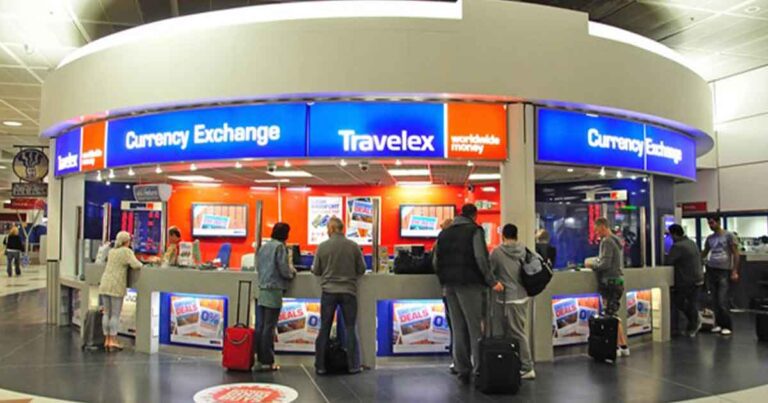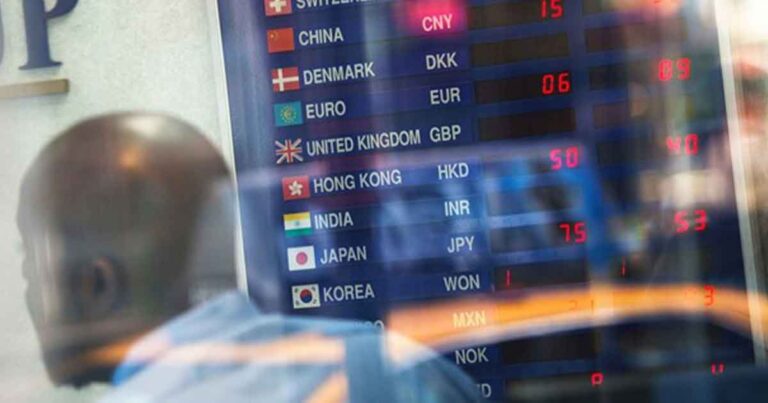Cross border transactions are crucial in facilitating global workforce management, investments, trade, and e-commerce. Cross border transactions enable seamless and secure online transactions, expanding market reach and driving global growth. But for a successful and smooth international payment transfer, you need to have knowledge of factors that are involved in cross border transactions, such as …














